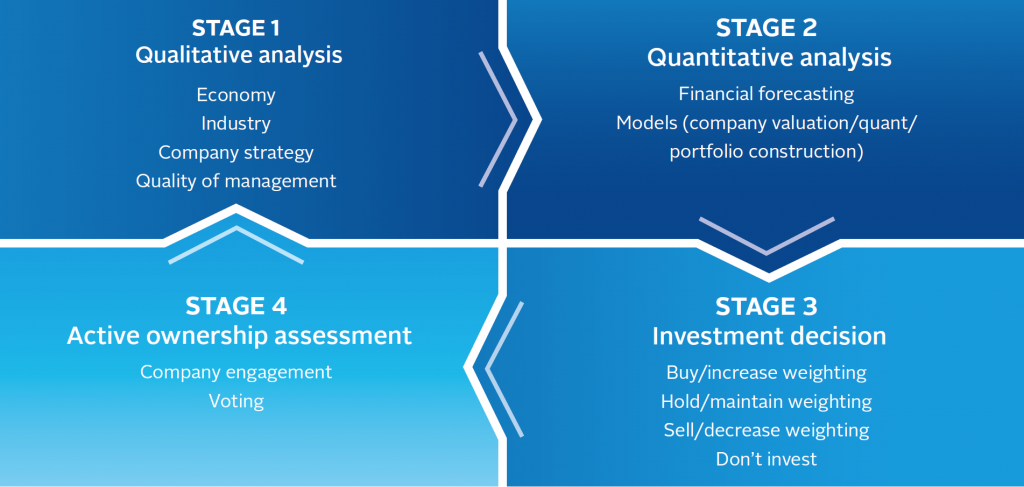In this digital world, one thing we are losing is greenery. On the flip side, it is appreciable that everyone is becoming more aware of it and doing their best to restore greenery. The concept of environmental sustainability started in 1969 through the National Environmental Policy Act (NEPA, 2014) in the United States. The main purpose of the Act is to promote the general welfare, maintain productive harmony between man and nature. Many business organizations and corporations have started modifying their work environment and culture as an attempt to increase greenery at its maximum.
Likewise, investment banks are paying closer attention to actions for sustainability. Green banking in the investment banking industry refers to the modification of operations, technology, and client habits with environmental-friendly practices while reducing carbon footprint in their activities. It aims to protect the environment. It is controlled by the same authorities as what a traditional investment bank is. However, there occurs a difference in business practices.
The move is already in place as many investment banks and banking professionals are attentive to environmental, social, and governance issues (ESG). ESG can help investment banks to strengthen their business performance. Investment banks with ESG strategies follow these principles:
Environmental: Capitalize on opportunities that will generate shareholder value
Social: Generate trust among the workforce, customers, and society
Governance: Board members and executives must act in the interests of shareholders
Tregidgo, former vice-chairman at Credit Suisse believes that capital markets will take this new challenge by filling the need for environment and climate finance. He says that the key to green growth lies in the interface between investors, borrowers, and users of these markets.
To succeed, new financial instruments like green bonds and carbon market instruments are established along with green banks and green funds. Activists and investors are already putting pressure on them to prioritize corporate social responsibility.
Given the current COVID crisis, the importance of ESG has got much more elevated than ever. Clients are focusing on more sustainable and resilient strategies and recovery plans to drive a net-zero emissions future, says Tyler Dickson and Manolo Falco.
- JP Morgan has said that it would end loans to fossil-fuel companies engaged in Arctic drilling and coal mining.
- Citi Group, the financial giant has announced that it would stop providing services to thermal coal-mining companies over the next decade.
- Jes Staley of Barclays shares that work from home culture will become a permanent thing in the future.
- James Gorman adds that Morgan Stanley will have less real estate post-pandemic.
- Deutsche is also planning ways to reduce office costs.
- At Bank of America, ESG is embedded across its eight lines of business.
Overall, it is expected that investment bankers might continue their work in regional retail branch offices post-pandemic while reducing real estate costs and space. Online networking and SaaS tools will ease the transactions and also makes it faster. Micro outlets and Café-style venues will become the norm to facilitate remote work. Moreover, investment bankers will curb their travel to meet clients or deal closures and might rely on video conferencing and meetings.
To conclude…
Sustainable business practices attract capital investment s and drive merger activity.
85% of the companies in the S&P 500 Index have published sustainability reports in 2017. Clients also are paying attention to ESG disclosures on product labels and websites.
The company’s valuation is based on tangible assets. Companies will have long-term success provided they address issues like product safety, gender diversity, income equality, and environmental sustainability.
Investors, employees, and executives are aligning business strategies with the communities they serve by modifying company policies. Institutional investors are adopting ESG in their financial analysis, measuring company performance, and market value.



